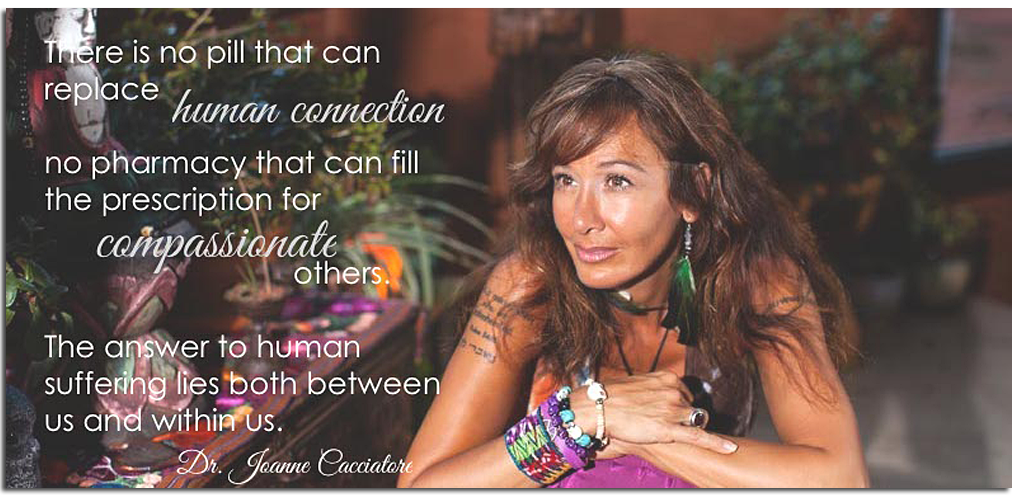
What the sea loses
Always turns up again;
It's only a question of shores.
Erica Jong
I'm reading Erica Jong's How to Save Your Own Life (1977) and came to the coveted grocery list of existential freedom, the zeitgeist of her character Isadora Wing. So how does someone save his or her own life?
Renounce useless guilt and shame. Much easier said than done for those who had both served at the dinner table between the green beans and mashed potatoes. Yet, it's such an important part task in becoming. This dangerous dyad can be functional at times throughout our lives; yet, far too often we hold onto guilt and shame long past their functional phase, and they become our constituents. Active disavowal may help many shed these negative emotions, but I'm inclined toward facing them and challenging their right to move into my own heart. So, I write many eviction notices.
Don't make a cult of suffering. I write a great deal in my blog about how suffering is necessary for transcendence. And it is. Yet, cults leave no room for discussion or debate or dissent. No other privileges, no critical thinking, no alternative views to the current state of being or belief. To transcend loss, a person must challenge, at some point, their view of the world, their view of their emotional state, their sense of self, and sometimes, their methods of coping with the human experience. It's not suffering that is the problem... it's the cult.
Live in the now, or at least the soon. This moment in time- this very second in which your eyes gaze upon this screen- is forever lost, irretrievable. Don't waste it either looking too far forward into the future or in the gazing past for too long. There are, indeed, things to await in the future, and things to reflect on from the past, and we can learn and grow from both. But our most important moment is the gift of the now. Don't allow the shadows of the past eclipse your present.
Always do that which you most fear. Courage is an attribute that is developed painfully over time; it's professor? Disappointment and pain and practice. With traumatic bereavement, facing the grief is the greatest of all acts of courage. Take it in small doses if you must. One day, you will be strong enough to carry its weight, and others can help.
Trust all joy. The most beautiful thing about my own grief has been the abundant and unbridled joy I have discovered for the most simple things in life, the things that truly matter. Seek, find, and trust joy in your life. Grief does not require eternal, unmitigated suffering as an outpouring of devotion. Grief makes room for joy. In fact, it commands it in order to truly heal in such a way that grief becomes a welcomed friend.
Prepare to be 87 years old. Need I say more? What will you say about your life at 87? What regrets will you harbor? Who do you want by your side as you take your final breath? If you could describe your ideal life - the life you choose to live, even amidst the suffering - does your current life meet that description? What have you done with your 87 years, and how have you left your imprint on the world? So much is answered in the exploring of these questions. Don't wait to answer them. Contemplate them now. It will be a painful contemplation, but it will help you to grow and live with such passion and fury that not a single moment in time will be missed.
And I'm really hoping that when I'm 87 or so, my time on earth completed, the sea will bring me to all that I've lost on a distant shore. Then, the saving of my life will have been worth the long and curious journey.


